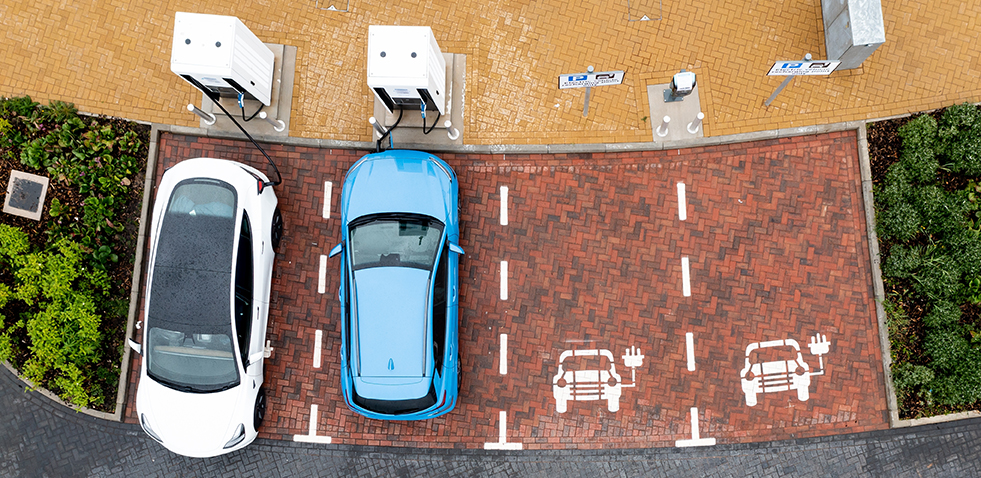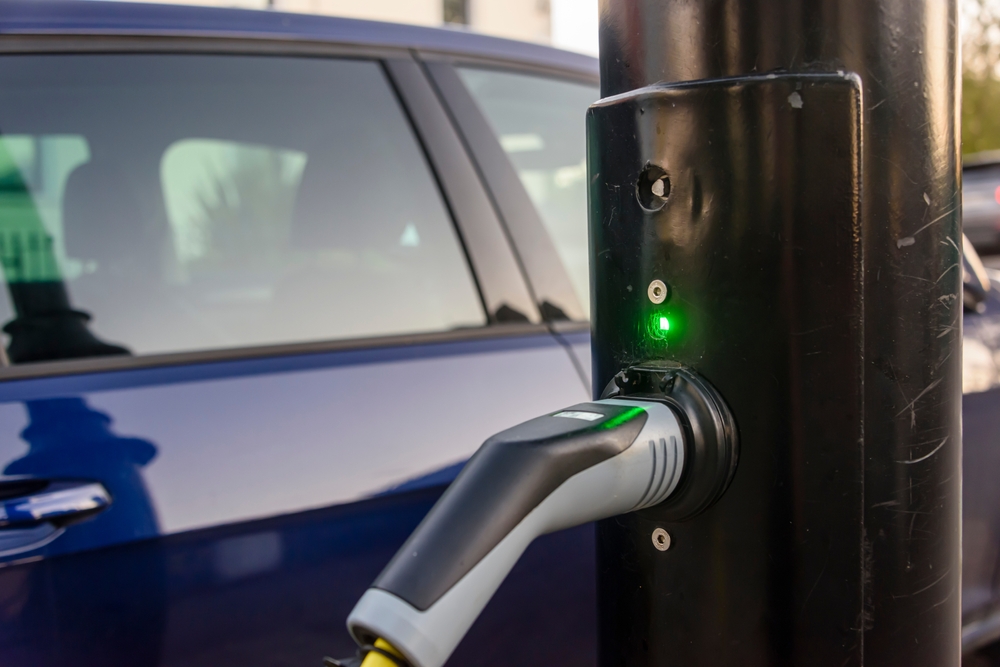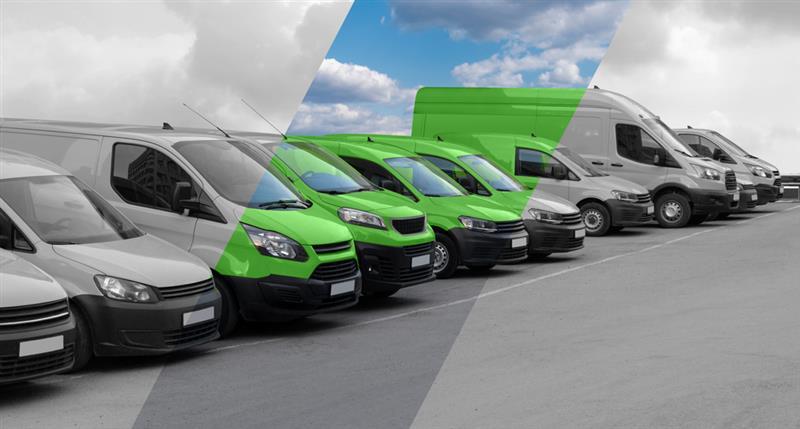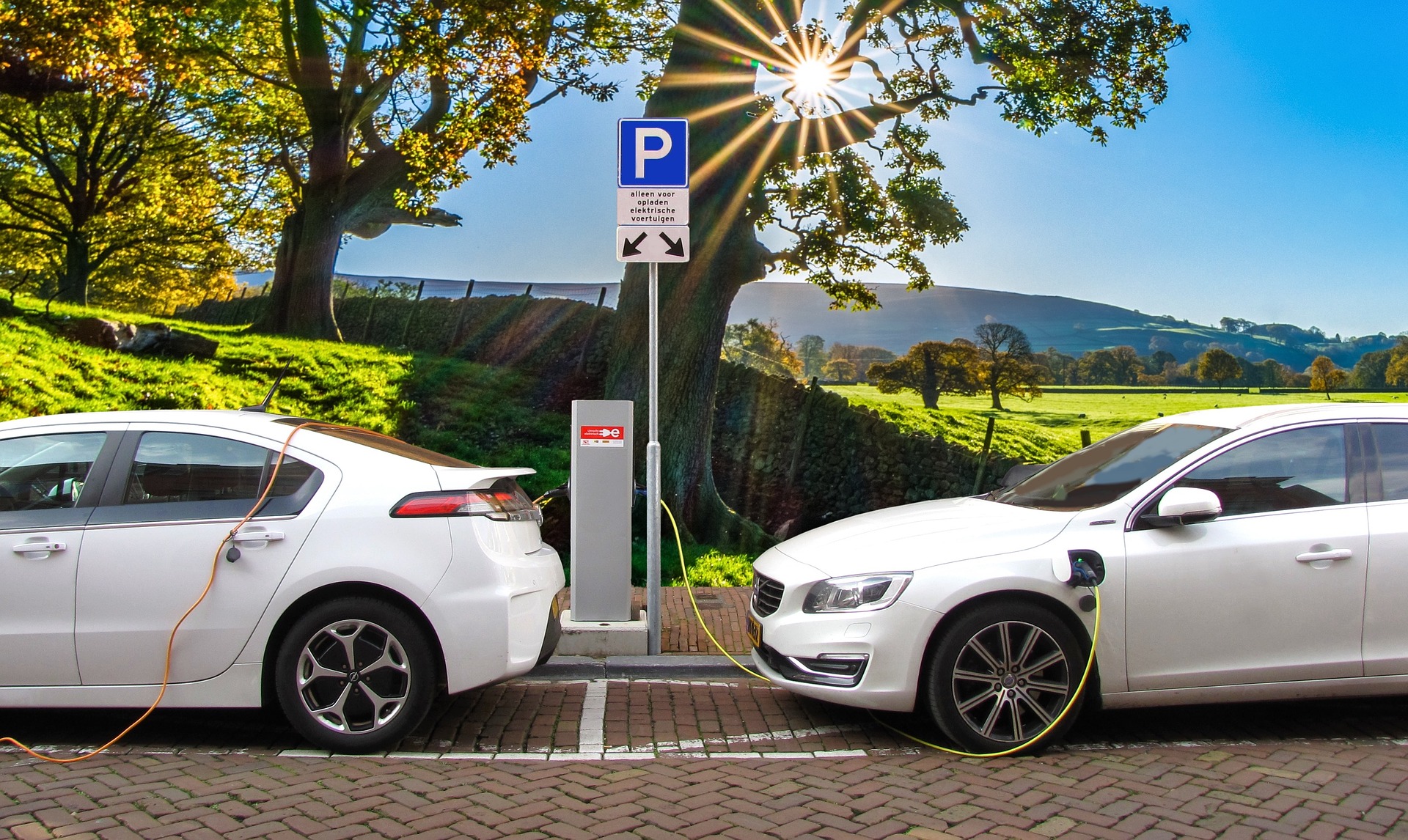This year has generated a wealth of change for the EV industry, from updates to EV road tax, smart charging, and charge point security. However, over the past month, the Office for Zero Emission Vehicles (OZEV) are in the process of forging new policy ideas regarding our favourite topic: making charging experiences better for consumers.
The policy proposal is still in its infancy, and, thanks to the knowledgeable and credible EV experts, EVA England, we were given an inside look at the prospective draft of OZEV’s newest milestone win for the EV community.Three main factors are being addressed in the development of this policy:
- improving charge point reliability
- open data availability
- contactless payment standards
How this will affect the charge point network and reliability
Though we still need more visibility into what governing body will oversee charge point reliability, we do know that the expectation for CPOs will likely be as high as 99% dependability across their network. How this is measured and monitored will be crucial, as the most common fault of charge points on a network is loss of connectivity, which is entirely out of a CPO’s control, but can drastically affect their metrics.
How the 99% reliability expectation is to be enforced is still up for speculation, such as whether the CPO data will be regularly audited, or if there will be penalties for not meeting this threshold. Although it seems this is not meant to police and punish CPOs based on slight underperformance, it still could lead to potentially penalised CPOs who may be struggling with charge point connection reliability issues.
Even though there is still some clarification needed on how these details will all be addressed, we are very optimistic about the progress and ambition this represents.
Open data from the charge point back-office
“Fuuse is built on the solid foundations of OCPP and OCPI, meaning that, when it comes time to share data in an open manner, we’ll be ready and willing from day one.”
David Rabbich, CTO at Fuuse
 Essentially, the idea behind the open data scheme included in the draft policy is to enforce CPOs disclosing live data on which charge points are operational and available for use. Further details might be required to be accessible to EV drivers, such as charge point location, connector type, payment method, tariff pricing, and any timing restrictions or overstay fees. It is unclear if there are any limitations as to whom CPOs are required to provide these details, and again, we do not know as of yet which governing body will be monitoring and enforcing this open data policy.
Essentially, the idea behind the open data scheme included in the draft policy is to enforce CPOs disclosing live data on which charge points are operational and available for use. Further details might be required to be accessible to EV drivers, such as charge point location, connector type, payment method, tariff pricing, and any timing restrictions or overstay fees. It is unclear if there are any limitations as to whom CPOs are required to provide these details, and again, we do not know as of yet which governing body will be monitoring and enforcing this open data policy.
The obvious benefit of the draft open data policy is to ensure real time availability to help ease charge anxiety for drivers and encourage the growth of the charging infrastructure. Living in a time when everything is easily accessible online, an EV driver should be able to confidently pull up to a charging location and know it will work as expected and is compatible with their vehicle’s connector.
The continued development of open data expectations in the EV charging industry will help build a foundation for greater expansion within the EV infrastructure as well as influence the increase in number of zero emission vehicles on the road. Fuuse Chief Projects Officer, Dan Lucy-Lloyd adds, "As customers start to get into the nuance of what reliability means, having granular data and easy insight is going be critical to proving uptime and other SLAs. Additionally, we’re going to see this become a bigger part of tenders outside of public CPOs as well."
Contactless payments for most
The suggested changes to payment expectations in this draft policy are significant and will affect a lot of CPOs across the country. Setting a standard of new charge points above 7.1kW and any existing rapid charge points of 50kW and above will now be required to accept contactless payments.
Most DC rapid chargers already have implemented contactless payments, and so this policy might not be as impactful to some charge point owners. Nevertheless, Mike Gibson, CEO of Fuuse, identifies the struggle some CPOs might experience, and adds, "-the additional cost of a payment terminal for AC chargers could prove prohibitive, particularly where utilisation is likely to be low, such as rural areas. However, this deployment could prove essential to democratising charging."
What is needed now is for the government to be looking much further at the options for ‘Plug and Charge’, and other alternatives that do away with the need for payment at the charger. In the meantime, this policy change might incentivise CPOs to install more higher power chargers to turn a larger profit but may ultimately cause a greater strain on the local electrical grid. Otherwise, CPOs could increase pricing across the board to compensate for the lower profitability in the slower chargers.
Two years until widespread roaming capabilities
A final drafted policy point centred on roaming availability, potentially assigning a deadline of two years for CPOs to set up roaming capabilities for their chargers. Ultimately, the proposed mandate is to encourage wider roaming options for UK EV drivers, especially within the workplace and for fleets.
In Europe, roaming across different charging networks is almost as easy as using a cash machine. In the UK, the market has been slow to evolve, but, now with a variety of new charging cards available and accepted as payment by networks such as Fuuse, the charging infrastructure has been allowed to expand significantly.
Eventually, the ideal end goal for drivers would be open roaming, where they can pull up to a charger and start their session with the app of their choosing. Yet, for some CPOs, this is not a favourable outcome as it may dilute the value of their network as well as removing a revenue stream by allowing others to take payments for their chargers.
So, what is Fuuse doing to support CPOs to reach these proposed targets?
The Fuuse platform is already equipped with the features suggested by this early look into this policy, and we are ready and happy to support both our clients and the wider industry in delivering on Open Data. "Given that chargers on our network are communicating continuously with the Fuuse platform, our CPO customers are alerted immediately of when chargers are down," explains Tom Arupura, Head of Product Strategy at Fuuse. "In addition, we can also offer reporting over varying time periods on charger uptime both at an individual charger, site, and network level. Additionally, we’re offering useful insights to CPOs such as the amount of time a charger is actively charging whilst plugged into a vehicle, as opposed to "bay hogging", so as best to maximise charger availability."
 How Fuuse is driving the industry forward
How Fuuse is driving the industry forward
The R&D team at Fuuse are always looking to the future of the EV charging industry and working to ensure to not only stay ahead, but also release new features that will lead to a clean and robust platform that will enhance the experience of our customers. Dan Lucy-Lloyd explains further: "We’re already underway exploring technologies that can reduce friction, both when planning a journey, and at point of charge. We're researching and developing ANPR to create that plug, pay, and walk away experience on any charger, as well as public charger aggregation services that make it easy for even the smallest CPO to share real time charger information with 100% of EV drivers. We’re making it easier than ever to find a charger that’s working, and get there knowing it’ll be easy to use."
A cautious optimism
From the limited visibility we have into this unpublished draft policy, it looks like the government is taking some positive steps toward improving the consumer charging experience. There is still a lot of ambiguity around the specifics and we’re not certain we'll receive further clarity once it is published. What will move EV rollout forward more efficiently, is for these policies and regulations to be specific and clearly outlined on what is expected of charge point manufacturers, owners, users, and, of course, software providers.
We absolutely appreciate the government's attention recently focussed on the topic of EV charging, and, as David Rabbich optimistically expresses, "New EV policy is always welcome at Fuuse. We find this helps swing the barometer of everyday use in the direction of increased reliability and higher adoption." Now, though, our biggest hope is for all world leaders to put a massive spotlight on addressing the crux of the issues within the EV industry: making EV vehicles more affordable to purchase and charge.
Interested in learning more about what we have to offer? Discover more about the Fuuse Platform.







